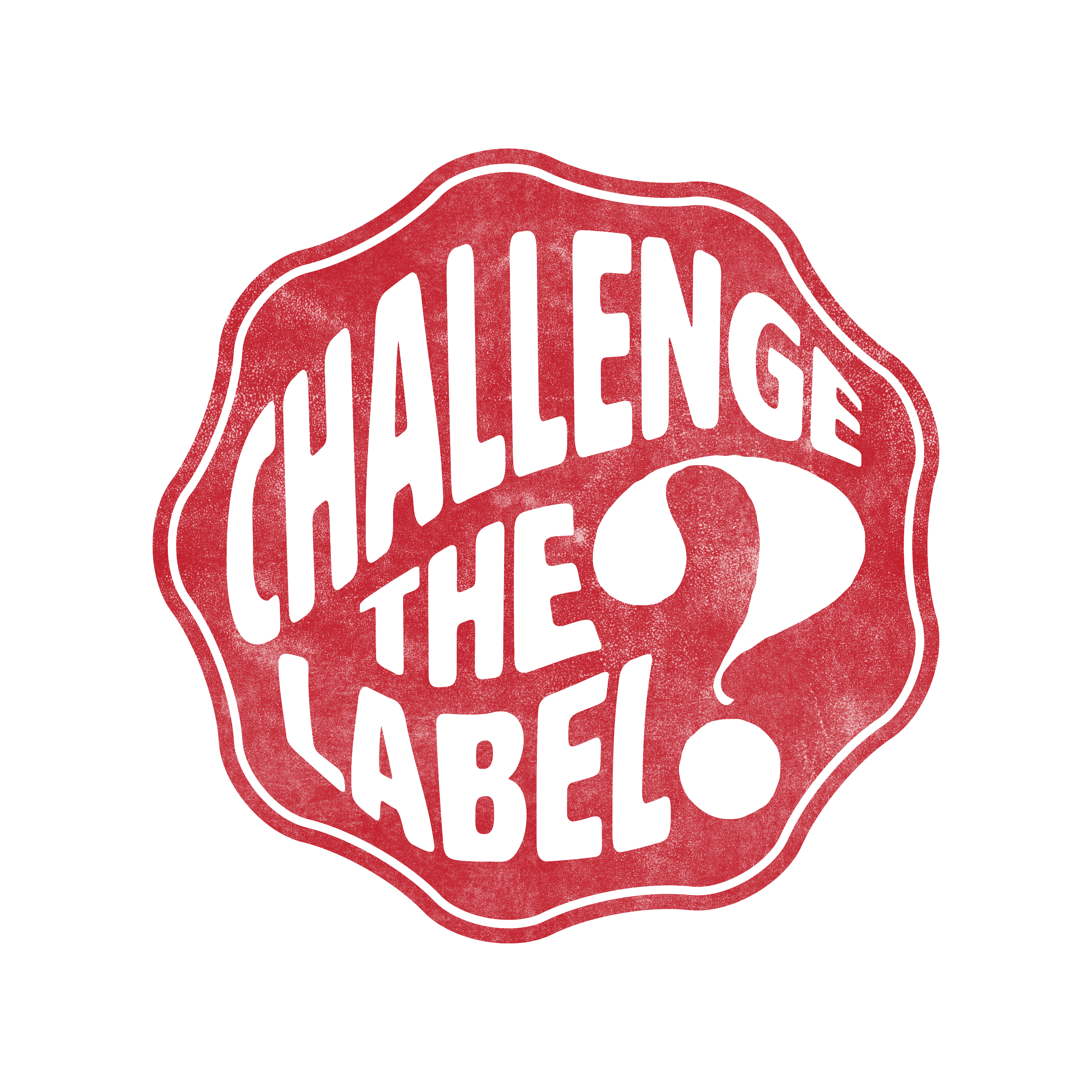
Right now, you can find CBD products in dispensaries (where available), salons, gas stations and all over the internet. You can now ever find CBD products in a variety of other places, including large retails such as Walmart, CVS, and Starbucks.
The 2018 farm bill separated hemp from cannabis per legal definition, making it legal to manufacture and/or buy anywhere in the United States providing the plant of origin tested .3% or less Delta 9 THC. This has opened up an estimated 5.1 billion dollar industry for CBD products.
However, because CBD isn’t a food or dietary supplement there aren’t any strict regulations on product creations nor are there any testing requirements. So with no real regulations it makes it a little like the old west and unfortunately some of the results are terrible.
Multiple research entities ranging from NBC Miami to Harvard have looked into the authenticity of many CBD products that are available to consumers. Only about 1/3 measured up to what they were claiming. Some actually had more than what they were claiming; while many others fell under the claim and some didn’t have any at all. In a few cases it was reported as being even worse as some actually had high traces of Delta9 THC. Imagine that surprise… And in a few cases the companies were using a synthetic version of CBD 4-CCB which actually made some people ill.
So how do we protect ourselves? Transparency is honesty, ask for a Certificate of Analysis (COA) from a third party. This is a document that shows you exactly what is in your product and what isn’t. This report will give you the measurements of each cannabinoid, like CBD or THC; as well as providing information showing that the products are free of pesticides, heavy metals, pathogens, and other things that could impair your health.
This can normally be found in the form of a QR code on the packaging.This also means that the company has paid to have an independent, outside company to analyze the content of their product and generate a report that tells you everything. Inside and out. Without this document, there’s no way to prove that what’s printed on the label is even true. A reputable company will be able to provide a COA – because they have nothing to hide making the products and the company honest. The rest can keep their snake oil…
Challenge the label?
If you liked this post, say thanks by sharing it


